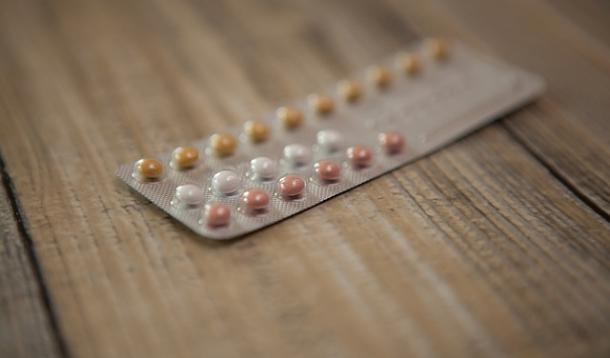
Last week, researchers at the Danish University of Copenhagen released a study on a million Danish women aged 15 to 34 - one of the largest studies to date - which found that women taking oral contraceptive pills are more likely to be diagnosed with depression.
Birth control pills are found in two types. One is a progestin-only pill (often called the mini-pill) which is often recommended for women who are smokers, at risk of heart disease and strokes, who are sensitive to estrogen, or who are breastfeeding. The other, more commonly prescribed, is a combined pill that has both hormones oestrogen and progesterone. The Danish study discovered that those on the combined pill were 23% more likely to have been prescribed an antidepressant than those not taking hormonal contraceptives. For those taking the mini-pill, the figure was higher - women were 34% more likely to have been prescribed an antidepressant.
And if they were between the ages of 15 and 19? Teenage girls in the study on the combined pill were a whopping 80% more likely to have been prescribed an antidepressant. The study, published last week in JAMA (the Journal of the American Medical Association) psychology, found that women taking implants, patches, and hormone-containing IUDs may be similarly affected, too.
While many have argued that correlation is not the same as causation, and many doctors still feel the link to be tentative, the authors of the study have called for more studies to study the side effects of the pill and also, more generally, the possible relationship between the female hormones oestrogen and progesterone and depression. Dr Ali Kubba,of the faculty of sexual and reproductive healthcare of the Royal College of Obstetricians and Gynaecologists, has said in the Guardian that further research was needed.
“There is existing clinical evidence that hormonal contraception can impact some women’s moods, however, from this study there is no way of linking causation, therefore further research is needed to examine depression as a potential adverse effect of hormonal contraceptive use,” he said.
But there are many stories from women who have struggled with depression on the pill, and many more who have said that the doctors are "pillsplaining," following the long-standing medical sexist trends like leaving women out of research trials or ignoring women's symptoms as they have ignored women's pain. These women are concerned that doctors and pharmaceutical lobbyists are downplaying the risks. Given that there has been no follow-up on the Pill Hearings from the 1970s, the fear is valid.
If you are experiencing low moods, or suspect that you may be depressed, you should speak with your doctor. Likewise, if your daughter or someone else you love also seems to be unusually moody, you may want to encourage them to speak with their physician - whether they are taking the pill or not.